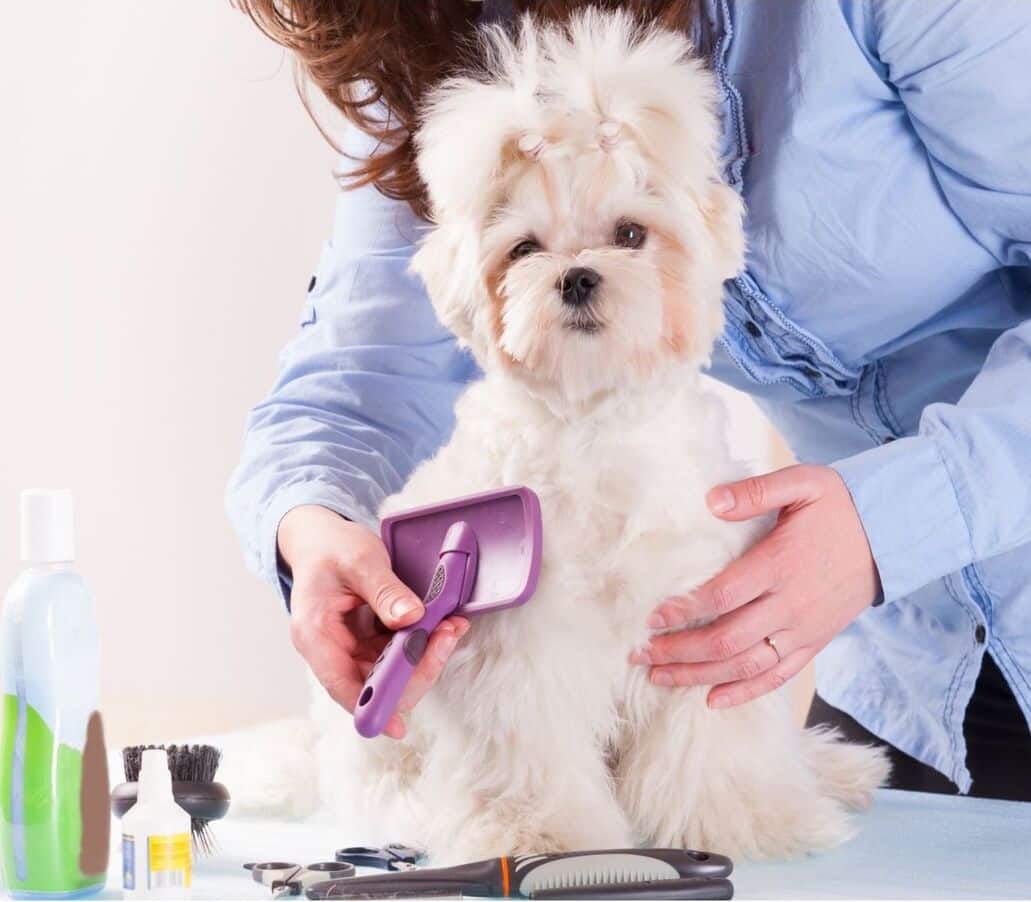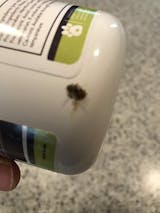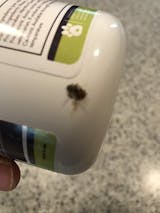Dog ear infections can be super painful and even represent a hazard for your dog’s health if you leave them untreated. As soon as you see a sign of ear infection in your dog, you should treat it immediately.
Causes of dog ear infections
Dog’s ear canals have a very different shape from ours. Their external canal is L-shaped, so this makes dogs more prone to develop ear infections. They can be caused by allergies, parasites or ear mites, ear wax, excessive moisture, or heat, among others. If the infection repeats often, you should get an appointment with a vet, since it can be a result of an underlying cause such as autoimmune disorder, or hormone disbalances.
Even though ear infections may occur in any dog, some breeds are more prone to develop them. Dogs with flappy and hairy ears tend to develop ear infections more often than others. Cocker Spaniels, Poodles, Basset Hounds, and Dachshunds, are some of them.
How to tell if my dog has an ear infection?
In order to treat these infections, it is very important to recognize them. The internal part of your dog’s ears will often be covered with the ear flap, so it’s important to check on them if you notice anything unusual in your dog’s behavior. He will try to relieve his discomfort no matter how, so you need to pay special attention if he:
- Scratches his ear area or around it.
- Has hair loss around the ear.
- Shakes his head often
- Rubs his ear
- Has redness and swelling in the area
- Has odor in his ear
If dog ear infections go untreated and get more serious, they can cause loss of balance, unusual eye movement, walking in circles, and even loss of hearing.

How to treat dogs ear infections
To treat mild dog ear infections, it is important to clean your dog’s ears thoroughly with a special ear cleanser. Make sure it is alcohol-free to avoid further irritation and swelling. At MOKAI’s, we created an advanced anti-bacterial and anti-fungal formula which prevents microbial activity while gently cleaning the area. In more severe infections, you should go to a vet to get prescribed oral antibiotics or medication.
Cleaning your dog’s ears is essential. However, they are usually a neglected area of dog grooming, so ear infections tend to go unnoticed. Remember to check up on your dog’s ears regularly to avoid a serious ear infection and to ensure your pup’s best care.
















